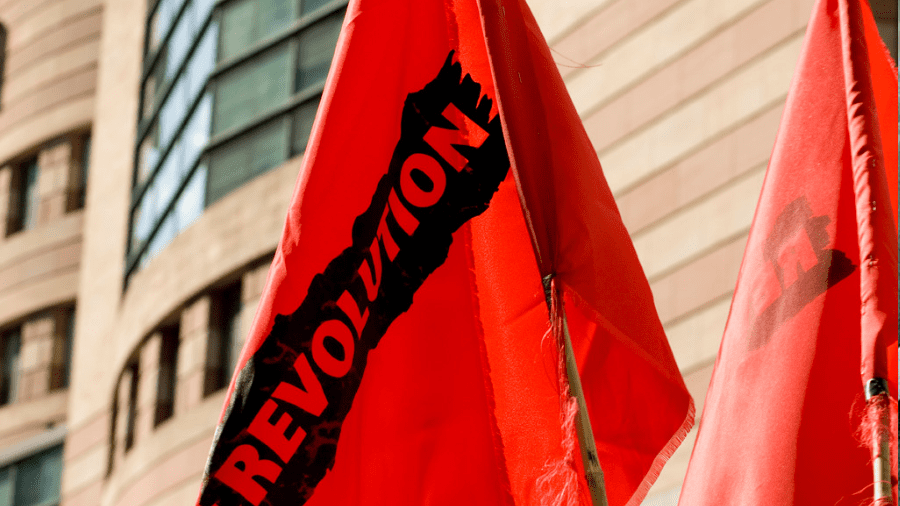This article originally appeared in the Financial Post. Below is an excerpt from the article, which can be read in full here.
By Philip Cross, January 27, 2023
Faith in capitalism waned during the global financial crisis of 2008-2009 and has been slow to recover, with a growing number of young people professing support for socialism. But what today is called socialism is just a poorly functioning version of capitalism, where government regulations, spending and redistributive taxation throw ever more truckloads of sand into the free market’s gears. Francis Fukuyama was right to declare in his 1992 book, The End of History and the Last Man, that capitalism had triumphed — if at least partly because, strictly-speaking, there is simply no realistic alternative. But it’s a hollow victory when governments don’t allow capitalism to function properly and economic growth continues to sputter along at rock-bottom rates like those socialism produced.
Socialism began as a criticism of the inefficiency of capitalism, especially the persistence of excess capacity and the alleged overproduction that supposedly led to periodic depressions. The original alternative offered by socialism was radically different: state ownership of the means of production, including land. In Canada, the Co-operative Commonwealth Federation (CCF), the forerunner of today’s New Democratic Party, promulgated this policy of government ownership and operation of the main industries in Canada.
But then the western world’s post-war economic boom, followed by the economic transformation of Southeast Asia, demonstrated convincingly that capitalist, market-based economies could deliver sustained rapid economic growth. Furthermore, most people found that working for business brought, not alienation, but a sense of purpose. As a result, criticism of capitalism as inefficient and unable to generate satisfactory growth faded. After the fall of the Iron Curtain and the development of capitalism in China (even if political scientist Yuen Yuen Ang is probably correct that China is best understood as a capitalist dictatorship), no country besides North Korea has seriously pursued government control of the means of production.
***TO READ THE FULL ARTICLE, VISIT THE FINANCIAL POST HERE***





